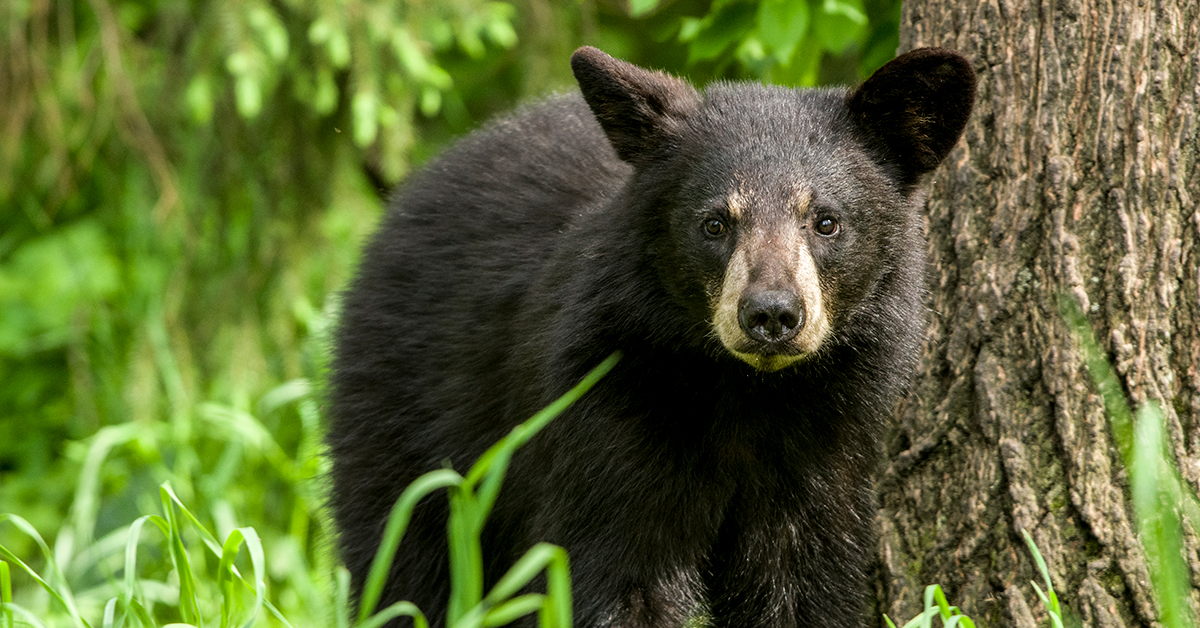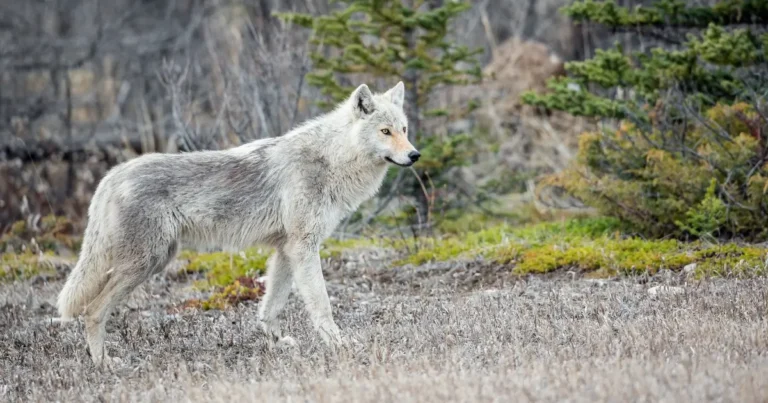
Waking up after a long sleep, stretching, yawning, potentially scratching, and going to grab a cup of coffee is something most of us have experienced. Right now, bears across the country are doing the same – but instead of that morning joe, they’re looking for easy meals.
Sadly, when bears come out of hibernation and find easy resources in backyards, it can set off a chain of events that too frequently leads to a bear being killed by authorities. “A fed bear is a dead bear” is an accurate adage. But we can take responsibility in our communities and prevent bears from growing comfortable around people, or even approaching them, and thereby give them a better chance at a long, happy life. We’ve put together three tips that will help you keep bears safe this spring:
- Clean up the barbecue: grease traps, fat or oil covered tinfoil, and even an overly dirty grill can attract a hungry bear just as quickly as what you cooked attracted your family. These attractants, along with citronella candles and overflowing bird feeders are often missed by residents cleaning up, but will grab the attention of bears (and other critters).
- Secure the garbage: we heard a sad story of a bear killed recently after he raided trash in a neighbourhood – for the second or third year in a row, after at least one relocation effort. Working with your community to get bear safe waste containers, or increasing trips to the local transfer station, can reduce conflict.
- Talk with your neighbours: people who intentionally feed bears or other wildlife typically do so with the best of intentions. But this teaches animals that humans, and human places like houses, are a place to hang around for a meal. And since not everyone wants a bear in their backyards, or have a legitimate fear of large animals, that can quickly lead to conflict and escalation. The Fur-Bearers have educational information, door hangers, and can make recommendations for local resources to help you show your neighbours the importance of keeping wildlife, bears included, wild.
As we develop more in formerly natural areas, bears and other wildlife will be learning how to live with us. Isn’t it fair that we learn how to live with them?
monthly donor(for as little as $10/month – the cost of two lattes) pleaseclick hereand help us save lives today.

